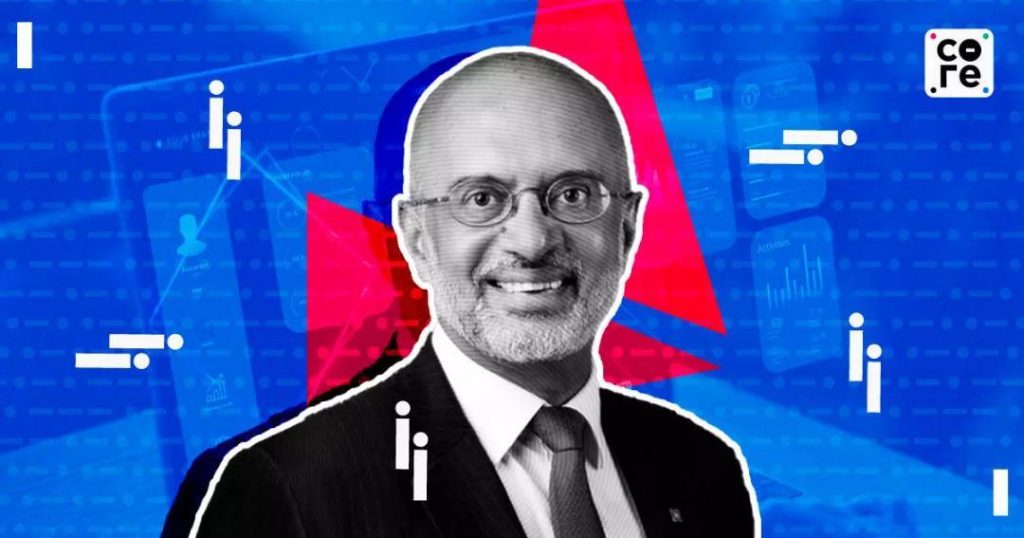
DBS CEO talks on policing deepfakes with smarter technology
In a rapidly changing world, technology has evolved from being a mere growth tool to a crucial defence mechanism. The rise of deepfakes and digital fraud has forced businesses to rethink their approach to technology, and no one knows this better than Piyush Gupta, the CEO of DBS Bank. In a wide-ranging conversation, Gupta shared his thoughts on how AI and machine learning can be used not just to improve banking, but to safeguard it.
DBS Bank has been at the forefront of digital innovation, and Gupta has been instrumental in shaping the bank’s digital strategy. In the early 2000s, DBS began its digital journey, investing heavily in technology to improve customer experience and increase efficiency. The bank’s efforts paid off, and it quickly became one of the most successful digital banks in the world.
However, Gupta knows that the bank’s success is not a guarantee of its future. As technology continues to evolve, DBS must stay ahead of the curve to remain competitive. This is why Gupta is so focused on using technology to police technology.
“We’ve got to be proactive in using technology to police technology,” Gupta said in an interview. “We can’t just sit back and wait for others to do it for us. We’ve got to be proactive in using AI and machine learning to detect and prevent fraud.”
Gupta believes that AI and machine learning are the keys to policing deepfakes and digital fraud. These technologies can be used to analyze vast amounts of data, identifying patterns and anomalies that may indicate fraudulent activity. They can also be used to create sophisticated algorithms that can detect deepfakes and other forms of digital manipulation.
But Gupta knows that AI and machine learning are not a silver bullet. They require human oversight and expertise to be effective. This is why DBS is investing heavily in developing its AI and machine learning capabilities, as well as its human expertise.
“We’re not just relying on AI and machine learning to detect and prevent fraud,” Gupta said. “We’re also investing in developing our human expertise. We’re hiring experts in AI and machine learning, as well as experts in fraud detection and prevention. We’re also working closely with law enforcement agencies and other stakeholders to stay ahead of the curve.”
Gupta’s focus on policing deepfakes and digital fraud is not just about protecting DBS’s customers and reputation. It’s also about protecting the integrity of the financial system as a whole.
“Deepfakes and digital fraud are not just a problem for banks,” Gupta said. “They’re a problem for the entire financial system. If we don’t get ahead of this issue, it could have serious consequences for the global economy.”
Gupta believes that the financial industry must work together to tackle the problem of deepfakes and digital fraud. He is calling on banks and other financial institutions to share their experiences and expertise, as well as their data and resources.
“We need to work together to tackle this issue,” Gupta said. “We need to share our experiences and expertise, as well as our data and resources. We need to be proactive in using technology to police technology, and we need to be transparent in our efforts to do so.”
In conclusion, Piyush Gupta’s thoughts on policing deepfakes with smarter technology are a timely reminder of the importance of staying ahead of the curve in today’s rapidly changing world. As technology continues to evolve, DBS Bank will continue to invest in AI and machine learning, as well as human expertise, to detect and prevent fraud. The financial industry must work together to tackle the problem of deepfakes and digital fraud, and DBS is leading the way.






